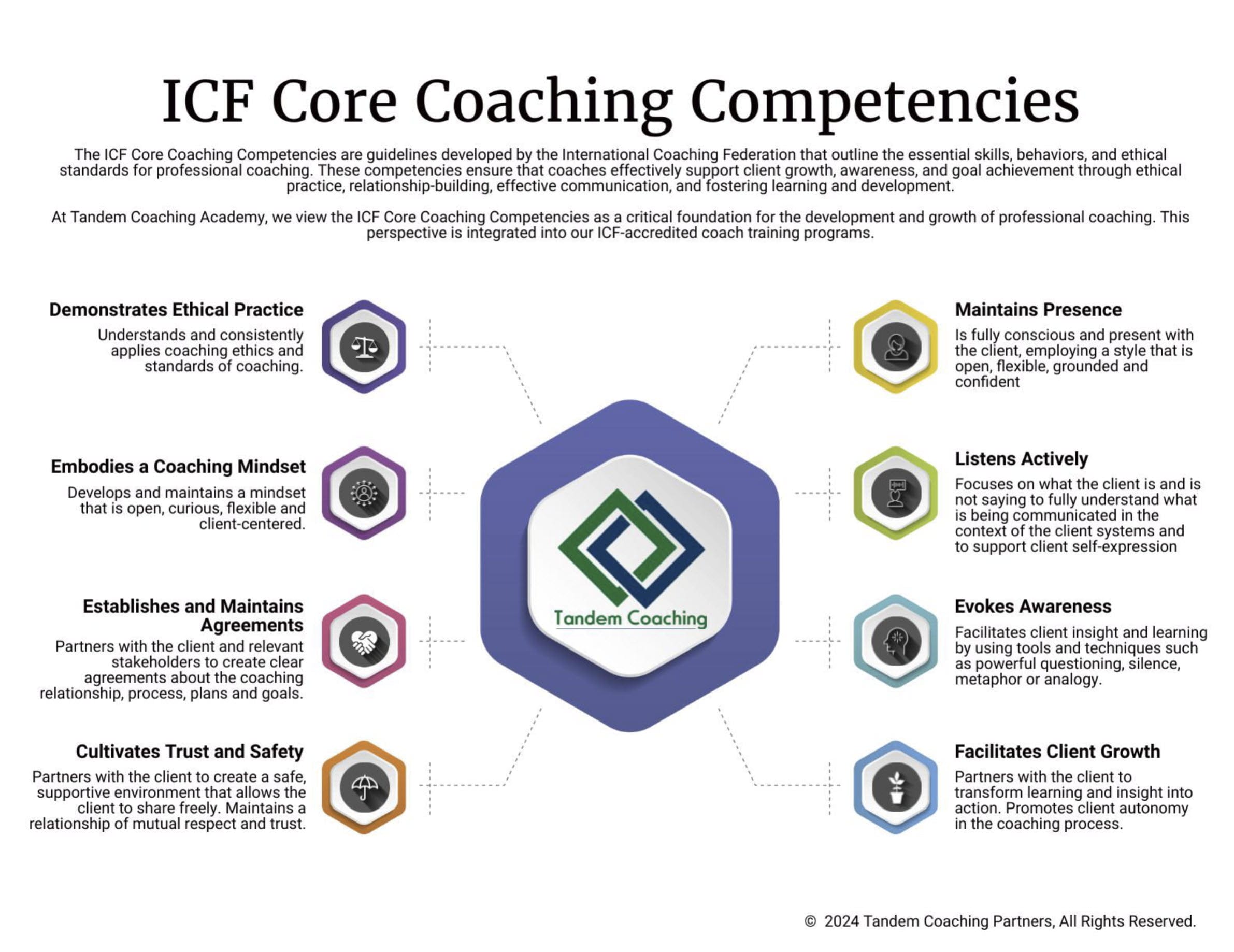Hi, Cherie’s here. In the dynamic world of agile organizations, coaching leadership and executive teams goes beyond traditional practices. It’s about nurturing a culture of continuous improvement, enhancing emotional intelligence, and building resilience. Here are five key strategies that can empower agile coaches to transform leadership teams.
1. Embrace the Power of Presence
Being fully present allows coaches to create a space where leaders feel heard and understood. This presence is not just physical but emotional and intellectual, enabling coaches to pick up on the unsaid, the nuances of team dynamics, and the undercurrents that drive decision-making. In agile environments, where adaptability is crucial, such presence helps in identifying the subtle shifts needed to foster agility and resilience.
2. Cultivate Emotional Intelligence
Emotional intelligence is the bedrock of effective leadership in agile settings. Coaches should focus on enhancing leaders’ self-awareness, empathy, and relationship management skills. By doing so, leaders can better navigate the complexities of team dynamics, manage conflicts constructively, and build a culture of trust and openness. Emotional intelligence also equips leaders to handle the stresses and challenges of agile transformations with grace.
3. Champion Work-Life Harmony
Agile coaching isn’t just about improving work processes; it’s about advocating for a balance that enhances overall team well-being. Coaches can guide leaders in setting examples for their teams by prioritizing work-life harmony. This approach not only boosts morale and productivity but also encourages a sustainable pace of work that is essential for long-term agility.
4. Leverage the Transformative Role of Silence
Silence is a powerful tool in a coach’s arsenal. It gives leaders the space to reflect, process their thoughts, and come to their own insights. In the fast-paced agile environment, taking moments of silence can lead to breakthrough ideas and solutions. Coaches should encourage leaders to integrate moments of reflection into their routine, fostering a culture of deep thought and innovation.
5. Build on the Foundation of Continuous Learning
Agile is fundamentally about learning and adapting. Coaches should instill a mindset of continuous learning within leadership teams, encouraging them to seek out new experiences, challenge their assumptions, and learn from both successes and failures. This mindset not only accelerates personal growth but also drives the organization’s agility forward.
In conclusion, coaching leadership and executive teams in agile organizations is about much more than guiding process improvements. It’s about facilitating a cultural shift towards emotional intelligence, resilience, and continuous learning. These strategies are not just paths to better leadership but to a more agile, responsive organization.
Until next time, Cherie 💚

Unlock Your Coaching Potential with Tandem!
Dive into the essence of effective coaching with our exclusive brochure, meticulously crafted to help you master the ICF Core Coaching Competencies.
"*" indicates required fields
About the Author
Cherie Silas, MCC
She has over 20 years of experience as a corporate leader and uses that background to partner with business executives and their leadership teams to identify and solve their most challenging people, process, and business problems in measurable ways.
















